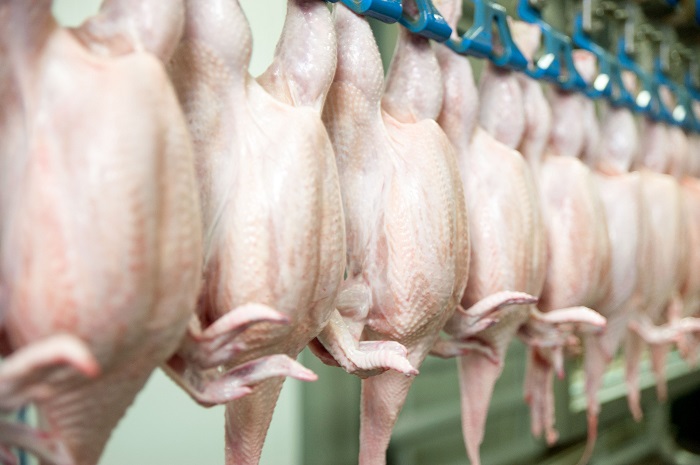Supermarket sales have increased in value by 3.1% compared with last year according to the latest grocery market share figures from Kantar Worldpanel, published today for the 12 weeks to 8 October 2017.
This marks the 17th period of growth in a row for Britain’s grocers. Like-for- like grocery inflation remains at 3.2% but consumers could be welcoming a slowdown in price rises in the new year, with the rate projected to fall below 2% in the first quarter of 2018.
Recent stories about the poultry supply chain have not materially dented chicken sales; fresh poultry sales have remained flat in the month of September, while chilled processed poultry has increased in value by 6%.
Meanwhile, Christmas has already started in the supermarket aisles. £69 million of chocolate confectionary boxes were sold in the last four weeks a near threefold increase on sales in August; mince pies reached sales of £4 million and the British public spent £1.1 million on Christmas puddings.
It’s a mixed picture for the major retailers as each of the big four has grown sales but seen a decrease in market share as smaller operators continue to entice new customers through their doors.
Fraser McKevitt, head of retail and consumer insight at Kantar Worldpanel, said: “Morrisons was the fastest growing of the large supermarkets this period, increasing sales by 2.8%. The biggest wins came from ambient and fresh food products with cakes and pastries and fruit both up by 10%. Growing sales at Morrisons bricks and mortar stores were supplemented by rapid expansion on its e-commerce platform, particularly in London and the south where online sales have risen 29%. Despite the growth, however, the retailer’s overall market share fell by 0.1 percentage points to 10.3%.
Closely following Morrisons, the remaining big four have each continued to increase sales every month since April. At Tesco, sales grew by 2.1% though share was down 0.3 percentage points to 27.9%. Asda meanwhile has sustained its recent recovery, with sales up 1.8% in the past 12 weeks.
McKevitt said: “Despite traditionally selling a higher proportion of brands than its major rivals it is own-label sales which are driving the growth at Asda. They now account for 45% of sales, with Asda’s value-focused Farm Stores line and premium Extra Special range leading the charge.”
Sales at Sainsbury’s increased 1.9% on last year while market share now stands at 15.8%, down 0.2 percentage points. Only 35% of Sainsbury’s sales are now through price-cut deals, down sharply from nearly 40% a year ago as part of the retailers ongoing programme of scaling back the overall level of promotions.


